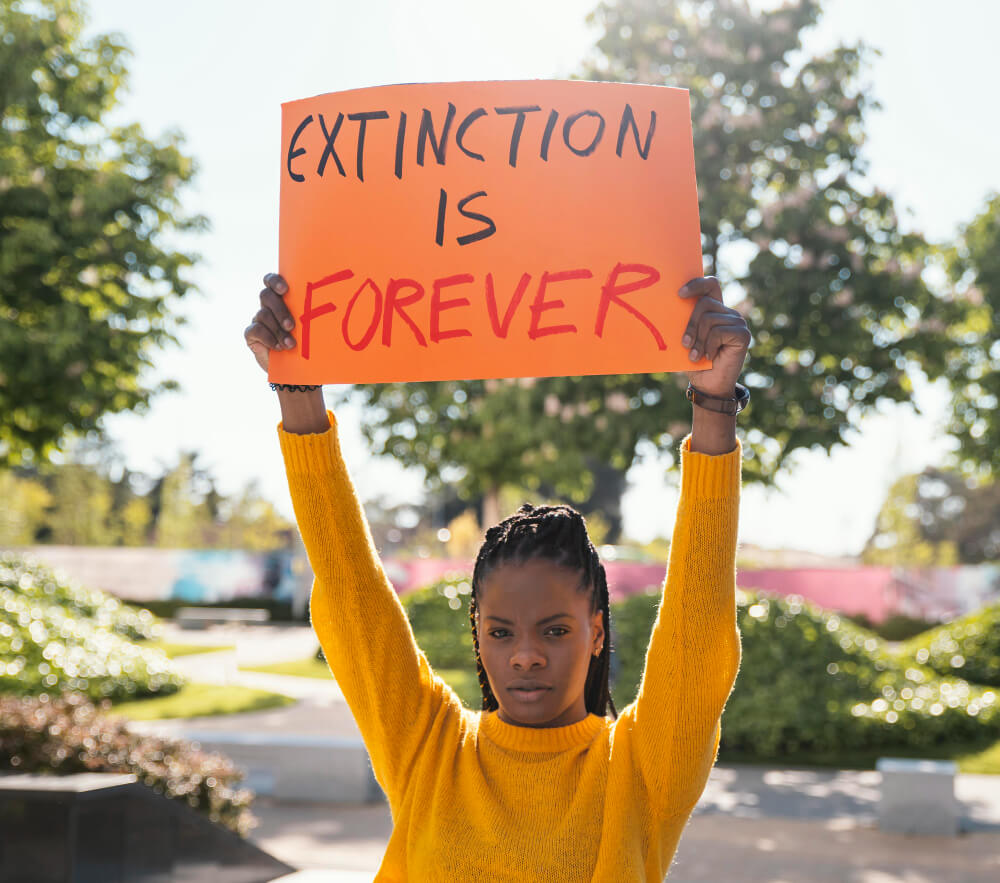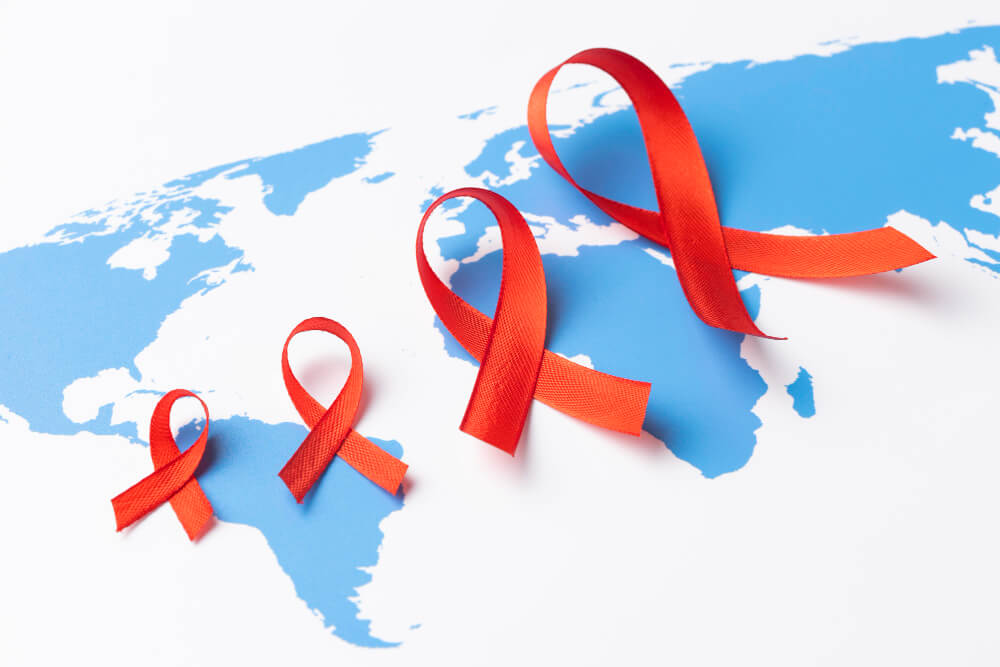Having performed welfare work among Cornish mineworkers in Minnesota, USA, where she became engaged to be married, only to break the engagement later, Emily Hobhouse returned to England in 1898. In 1899, when the Second Boer War broke out in far-off South Africa, Emily was offered the position of secretary for the women’s branch of the South African Conciliation Committee. It was in this position that she learned of the plight of hundreds of Boer women and children affected by the war. Not one to just sit back and ponder on another’s misfortune, Emily set up the Distress Fund for South African Women and Children in England, and upon securing a sizable amount of money she set of the Cape Colony in December 1900 to ensure the funds would be used to the benefit of those in need.
Her deep fellow-feeling is evident in her writings where she recounted some of her experiences. In explanation of why she travelled to South Africa, she wrote that she came “in obedience to the feeling of unity or oneness of womanhood”. At the time of travelling to South Africa, Emily was not fully aware of how many concentration camps there were. She knew about the camp in Port Elizabeth, only finding out when she arrived that there were 34 camps scattered throughout the conflict area and as far as Johannesburg.
As she had only been able to secure permission from Lord Kitchener (a prominent British authority at the time) to travel as far as Bloemfontein, that is where Emily traveled to, along with a truck full of supplies. She was shocked at what she found, much of which she documented in her writings. She managed to visit other camps, even as far as Mafikeng, all along the way drawing the attention of the authorities to the suffering of the people. Realizing that she needed to get to the root of the problem, she returned to England to appeal to authorities there to bring an end to the scorched-earth policy they were using in their battle against the Boers, and to stop incarcerating women and children in the camps. Sadly, her appeals were met with apathy, even when raised in the British House of Commons.
Emily returned to South Africa in October 1901, but was denied permission to leave her ship. Suffering ill health, she traveled to Savoy to recuperate. While she was there she received news that the Treaty of Vereeniging had been signed (31 May 1902), bringing an end to the conflict.
It is thanks to the actions of this brave woman that the inhumane conditions of the camps were brought to the attention of authorities, and in recognition of her actions, Emily Hobhouse was given honorary South African citizenship. When she died in London in 1926, her ashes were sent to South Africa and are currently enclosed in a niche in the National Women’s Monument in the Free State city of Bloemfontein. Her wedding veil, that she never got to wear, hangs at the offices of the Free State’s first women’s welfare organization, as a symbol of Emily Hobhouse’s commitment to the empowerment of women.










